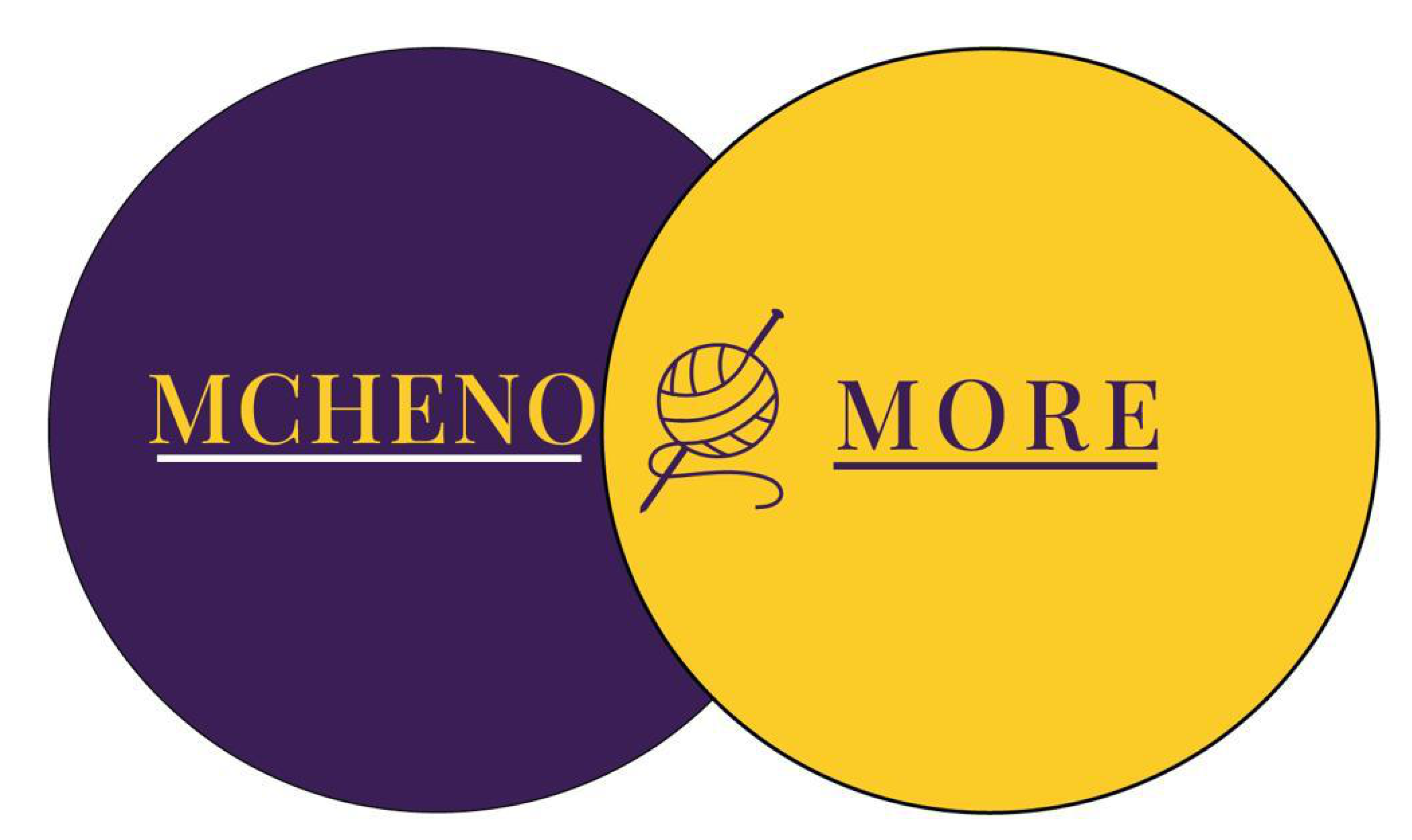From TRUKFIT to Bottega Veneta, the evolution of Zimbos obsession with foreign definition of beauty is notoriously conspicuous in our contemporary age.
The whole concept of this article was laid down about a month ago, but writing it proved to be quite a strenuous exercise. lt could be the most challenging article for me thus far because – it made me feel conflicted; conflicted between sugarcoating what our fashion brands are making and saying reality as it is.
Some quarters may perceive me to be unforgiving; it’s ironic how people want a sugar coated version of what prevails on the ground. One good friend thinks l should be able to bring myself to the level of everyone in my contact list when talking to them but Heavens! That’s exhausting; do l not cease to be me?
This whole idea, or way, of attempting to make me conform to a certain band of thinking that’s totally off the mark is the same that l see when l look at local brands in Zimbabwe’s fashion spaces. Yes, l must write about how Zimbos’ collective fashion sense is hugely influenced by the West; and l suggest local brands that they should start loving our own contextual uniqueness and identity.
My editors gave me a list of these brands but when l looked at them, l saw nothing different from the foreign brands l am trying to deviate our youth from just so we can have a little piece of our own culture. Could it be I’m being too harsh?
Maybe, or maybe not. But the same local brands l see are influenced by the west and it’s not rocket science, that designer from Glenview or Avondale is just trying to put a meal on the table and that imitation to Bottega Veneta is what the masses want so she makes that.
Dear local designers, what is your inspiration? Material scarcity l guess. Lawrence wants to be buried in Alexander; l guess it’s Alexander McQueen, yet he is a great designer. Exactly how deep do the roots of colonialism run in us? Why are we stuck in this vortex of mimicry?
Zimbabwe has since been liberated, politically, but I’m afraid the minds of the general populace are still in bondage. The western definition and standards of beauty still reign in us and it’s high time we take a stand and produce proud Zimbabwean fashion/clothing brands that draw inspiration from and take pride in our culture and values as a people.
Perhaps l am indeed unforgiving and rough but would it not be beautiful to see young men and women who are proud of being Zimbabwean and not ashamed to show off through their designs, music, fashion and general living in their own unique ways?
Some will argue and say we are in the 21st century but l beg of you, it’s also the 21st century in Nigeria, Kenya and South Africa but those people continue to show their love for their countries through their distinct creations and day to day living. They are not entirely free from western mimicry – but they strive for alternative ways.
It’s only in Zimbabwe (well at least according to my context) that you see a person being laughed at because of their ‘broken English’ and it’s only in Zimbabwe that one is taken serious if they speak fluent English especially with a polished British or American drawl that shouts, “private school!”
Again l will ask, exactly how deep do the roots of colonialism run in Zimbos?
It’s only here that one has to fit in certain areas if he or she speaks in English – you walk ten blocks to check into some hotel along Samora Machel speaking in ChiShona or isiNdebele but then you reach the desk and say Hi, or Good Afternoon? Why do you switch for certain areas, what’s wrong with saying maswerasei or mamukasei?
I have homies l talk to at home but once we bump into each other at campus they suddenly greet with, “Hi”. We have been saying, “hesi” to each other all vacation so what has changed now, could English be the definiton of cool?
This is the same attitude that informs some of our fashion designs, tastes and preferences. It is an entire societal problem.
l am yet to see the fashion designers we have in Zimbabwe creating pieces that show that we are Zimbabweans and proud of that. We could create popular fashion trends in Zimbabwe that are defiantly and organically unique – shunning the mimicry we succumb to due to colonial mindsets inculcated in us.
Maybe l am the only remaining proud Zimbabwean (perhaps with a few other non-conformists) and the rest are groups of people that are cooking up stories to the American Embassy on a daily so they can be granted asylum and never come back. Do you know how lonely it gets in a foreign land, do you not see the beauty of belonging?
Why do you not love who you are as a people, you will blame the economy, l know, but until when? Looking at the local fashion designers in Zimbabwe l was tasked to explore, l can easily pair them with the western designers for example, Chasers, and you know what.
It’s apparent we have major identity crisis as a nation and it’s hard to achieve greatness if we remain this confused. lf only the local brands could be truly local …













This is great Rue, i am really enjoying your articles. Keep it up!
Thanks Nkem🥂